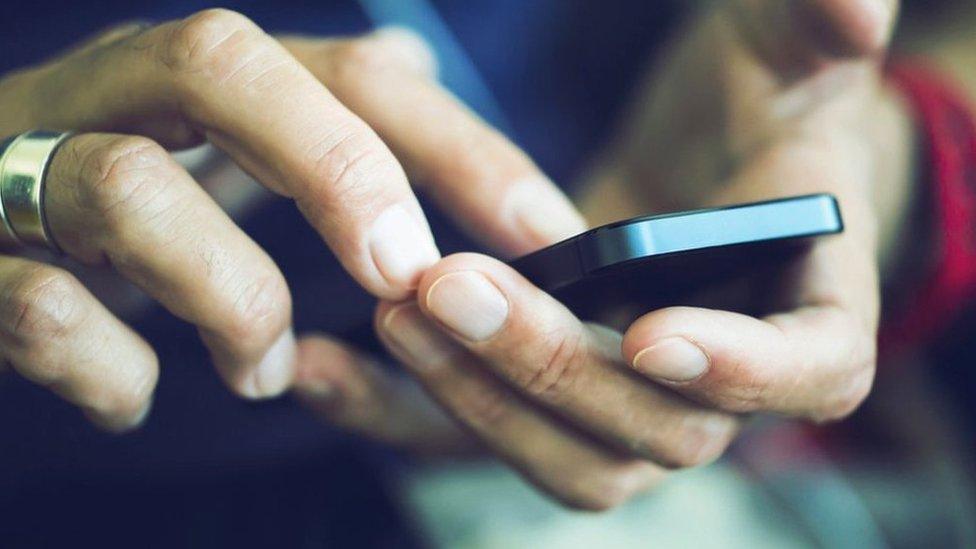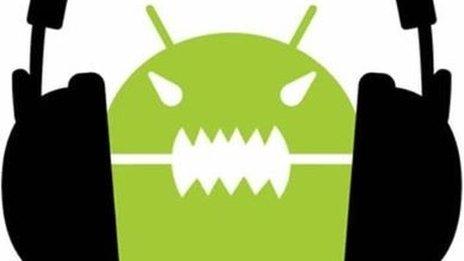Census 'could use mobile phone data instead of questions'
- Published
- comments

Mobile phone data could be used in place of census questions in the future, a report from the Office for National Statistics (ONS) suggests.
The information would allow the ONS to track where people live and work.
The ONS tested the idea as part of a government-backed project looking at other data sources for the census.
The report said it used commuter flow data from Vodafone users, external, collected over four weeks in March and April 2016, in three London boroughs.
Users can opt out of having their data processed through their network, the report said.
The UK census, which happens every 10 years, is a count of all people and households.
'Early research'
The census is carried out by the ONS in England and Wales. Elsewhere, it is carried out by the National Records of Scotland and the Northern Ireland Statistics and Research Agency.
The ONS said it was "early research" and said that any intention to use data within the future production of official statistics "will involve extensive evaluation including privacy impacts".
No personally-identifiable data was provided to the ONS, it said.
Commuter flows starting or ending in the south London boroughs of Southwark, Croydon and Lambeth were analysed and compared to data from the last census in 2011.
An individual's home location was based on where the phone was located during the night or when switched on in the morning, while a work location was set to where a phone was found between standard working hours, Monday to Friday.
The report concluded that the two sets of data had "good correlation" and it suggested further research.
It said it was hard to detect home workers or commuters who travel very short distances and it could mistake other groups of people for workers. For example, students or people who visit a nearby shopping area twice a week.
The next census is in 2021.
- Published2 March 2016
